Vets have reported that while animals are in good health around the country, farmers are suffering. A number of vets who spoke to the Irish Farmers Journal all told a similar story of the situation on farms which were divided east and west of the Shannon when it came to the effects of the dry weather.
Kevin Meaney, based in Clonmel, Co Tipperary, said: “There has been no rain since the middle of May and it is farmers not the animals who are under the real pressure.”
Meaney identified lungworm as a disease to watch out for when the weather broke as dung on top of tightly grazed covers had yet to break down.
Edwin Murphy, practising in Adare, Co Limerick, said: “All the stress is residing with the farmer. The average herd is using half a tonne of meal a day and six to seven bales. I would say it is easily costing €3/cow/day.”
He added that dry conditions have been easier to deal with than a wet summer as it is possible to feed cows outdoors. This reduces the disease challenge that would be present if cows had to be housed.
In contrast, vets along the west coast have reported no major problems as of yet as the region has received adequate rainfall.
Keep cows fed
All vets who were based in areas badly affected by drought reiterated the advice to keep cows on a balanced diet to prevent them dropping in production.
They reported seeing a number of cows with digestive upsets, due to high quantities of meal and novel ingredients being fed without appropriate buffers.
However, one vet based in west Cork, Padraic Kilmartin said: “Everyone is feeding what they have to but morale is extremely low. There is only so much farmers can withstand and the weather needs to break soon.
“If milk price was held, it would be something as any drops would really dent farmer confidence. While they’re not going in huge numbers, some people are sending poorer cows to the factory.”
Read more
Dairy management: when to cull cows
Feeding of silage extended to all cattle in Newford Farm
Vets have reported that while animals are in good health around the country, farmers are suffering. A number of vets who spoke to the Irish Farmers Journal all told a similar story of the situation on farms which were divided east and west of the Shannon when it came to the effects of the dry weather.
Kevin Meaney, based in Clonmel, Co Tipperary, said: “There has been no rain since the middle of May and it is farmers not the animals who are under the real pressure.”
Meaney identified lungworm as a disease to watch out for when the weather broke as dung on top of tightly grazed covers had yet to break down.
Edwin Murphy, practising in Adare, Co Limerick, said: “All the stress is residing with the farmer. The average herd is using half a tonne of meal a day and six to seven bales. I would say it is easily costing €3/cow/day.”
He added that dry conditions have been easier to deal with than a wet summer as it is possible to feed cows outdoors. This reduces the disease challenge that would be present if cows had to be housed.
In contrast, vets along the west coast have reported no major problems as of yet as the region has received adequate rainfall.
Keep cows fed
All vets who were based in areas badly affected by drought reiterated the advice to keep cows on a balanced diet to prevent them dropping in production.
They reported seeing a number of cows with digestive upsets, due to high quantities of meal and novel ingredients being fed without appropriate buffers.
However, one vet based in west Cork, Padraic Kilmartin said: “Everyone is feeding what they have to but morale is extremely low. There is only so much farmers can withstand and the weather needs to break soon.
“If milk price was held, it would be something as any drops would really dent farmer confidence. While they’re not going in huge numbers, some people are sending poorer cows to the factory.”
Read more
Dairy management: when to cull cows
Feeding of silage extended to all cattle in Newford Farm



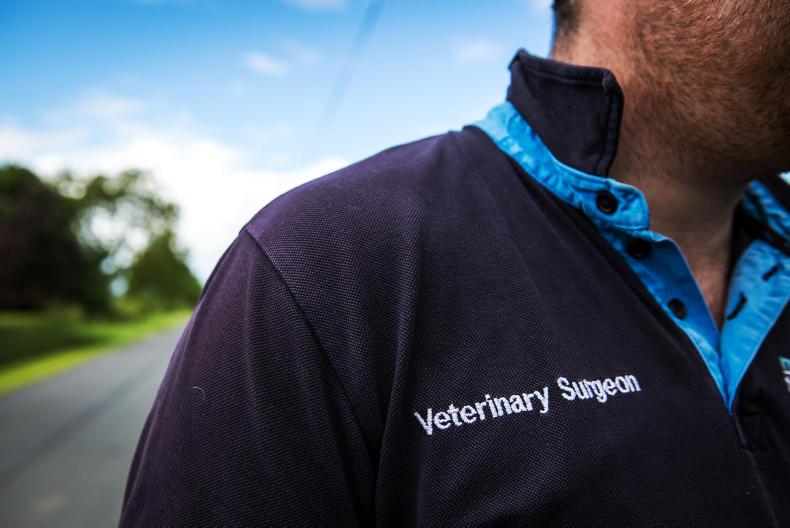
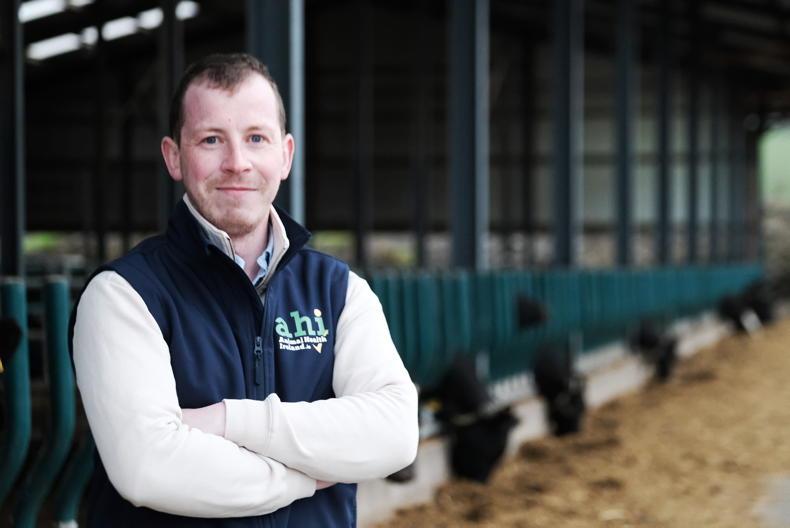
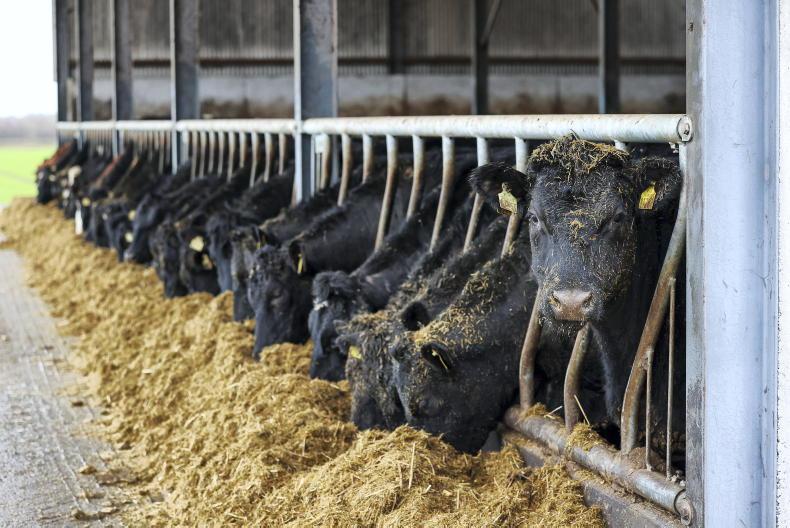
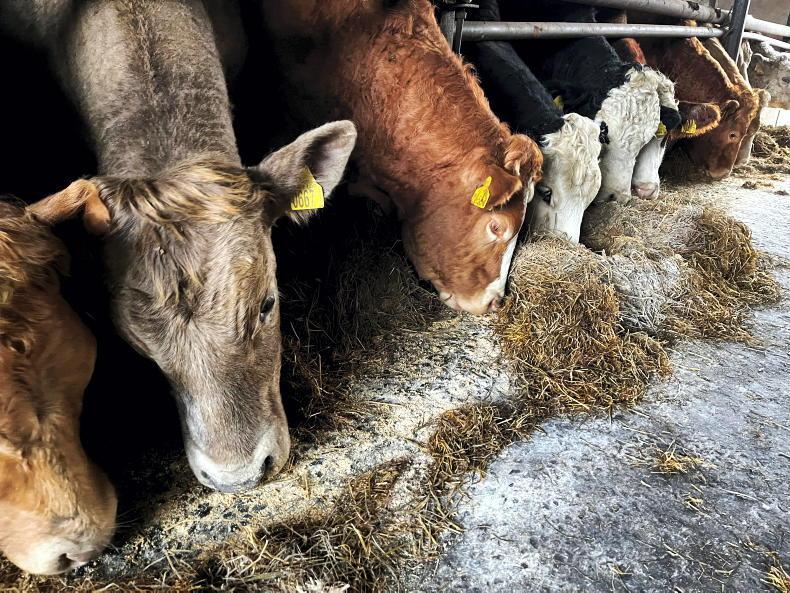
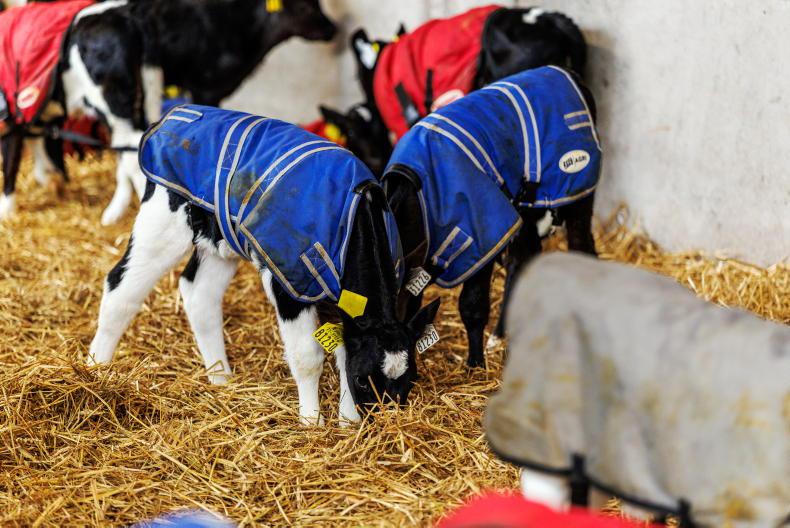
SHARING OPTIONS